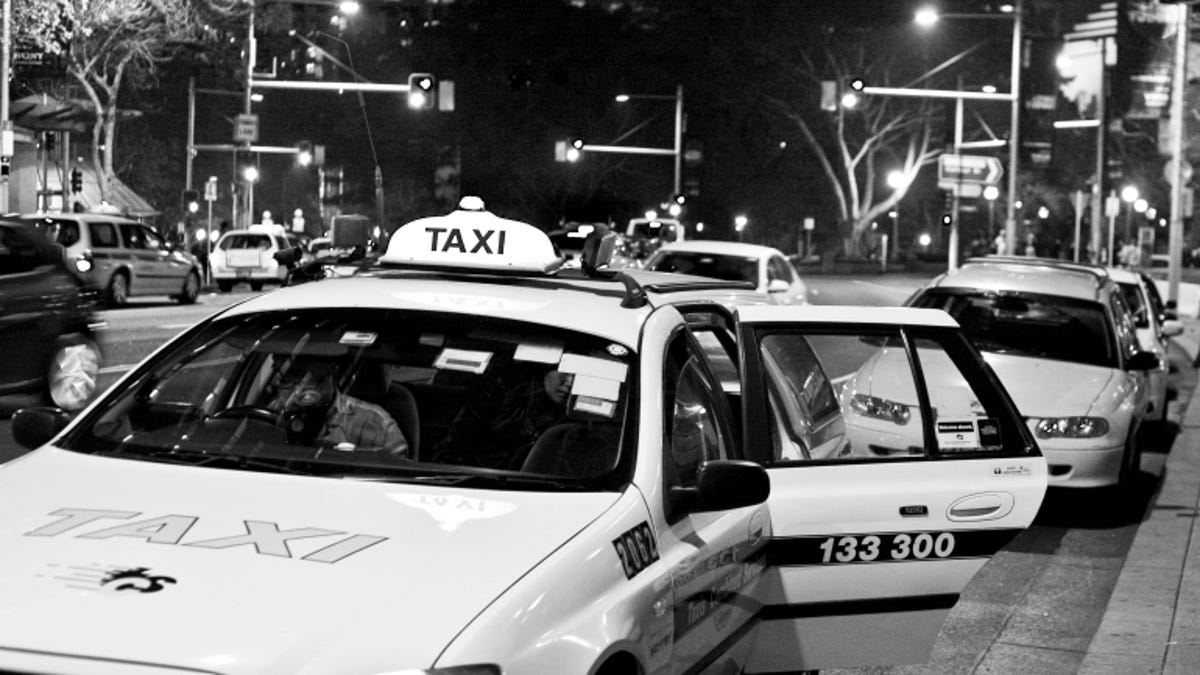Calls for freeze on taxi fares in face of 'illegal' ridesharing competition
Australia's pricing regulator has called for a freeze on Sydney taxi fares as research shows 11 percent of Sydneysiders have used ridesharing services, such as Uber X, in the past 6 months.

Despite being deemed to operate in a grey area outside official regulation, ridesharing services such as Uber X have been used by 1 in 10 Sydneysiders since launching in Sydney 6 months ago.
The revelation comes as part of a report from Australia's independent price regulator addressing decreasing demand for traditional taxis. The Independent Pricing and Regulatory Tribunal has recommended that the Government freeze taxi fares and cap the number of drivers on Sydney roads "in the face of increasing competition" from ridesharing services, hire cars and car sharing.
According to research conducted by IPART, "in the six months that ride-sharing services [have] been operating in Sydney they have been used by 11 percent of Sydney residents despite being illegal". Furthermore, the proportion of residents using hire cars has grown from 14 percent to 18 percent since 2012, while 13 percent of residents use commercial car sharing services.
"Demand for point-to-point transport is linked to population growth and business and tourism activity, and all the indications are that these sources of demand have continued to grow in Sydney since 2011, yet demand for taxi services has dropped over the same period," said IPART chairman Dr Peter Boxall. "We can only conclude that this demand is being taken up by competitors to taxis.
"In this environment, increasing fares would simply encourage more passengers to choose alternative transport more often, further eroding the competitiveness of taxis."
Dr Boxall said that competition could be good for the industry, but that "changing consumer demand is driving down taxi licence lease costs faster than any regulatory changes" and that ridesharing services (such as Uber X) should be more closely scrutinised.
"Competition has the potential to drive service improvements and more choice for consumers, but competitors should be operating on a level playing field," he said. "Appropriate regulation for safety and protection of drivers and consumers needs to apply to all services."

